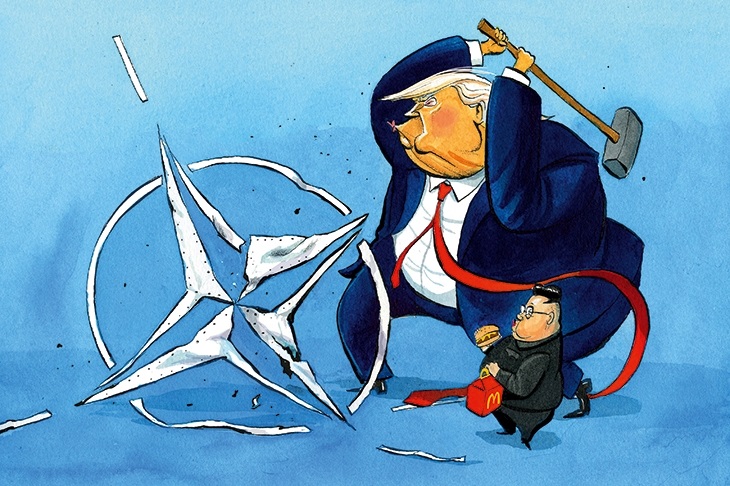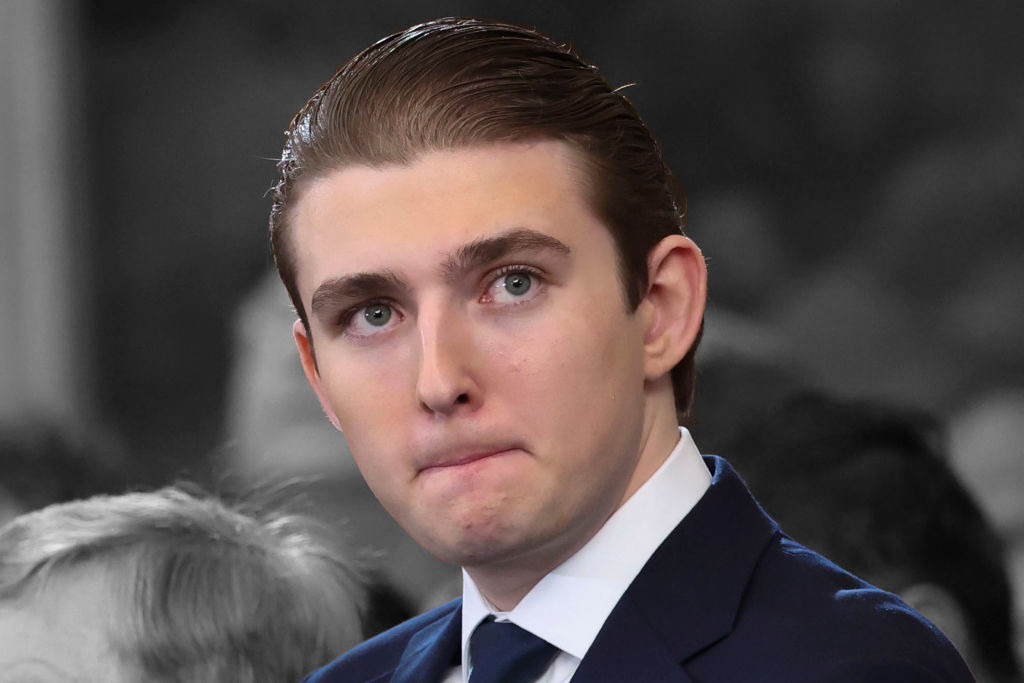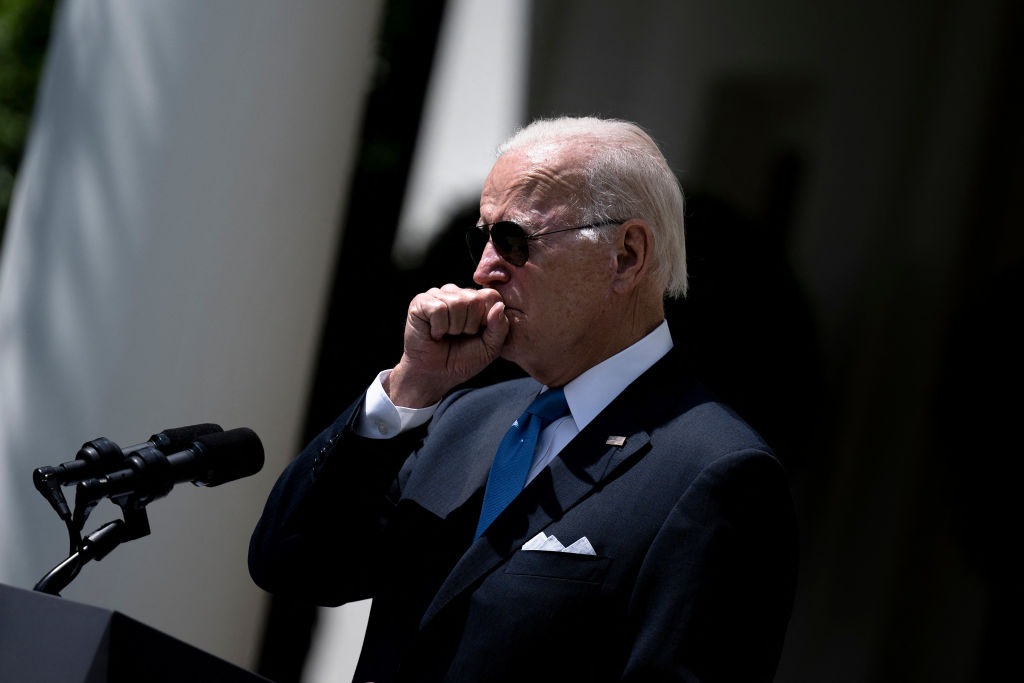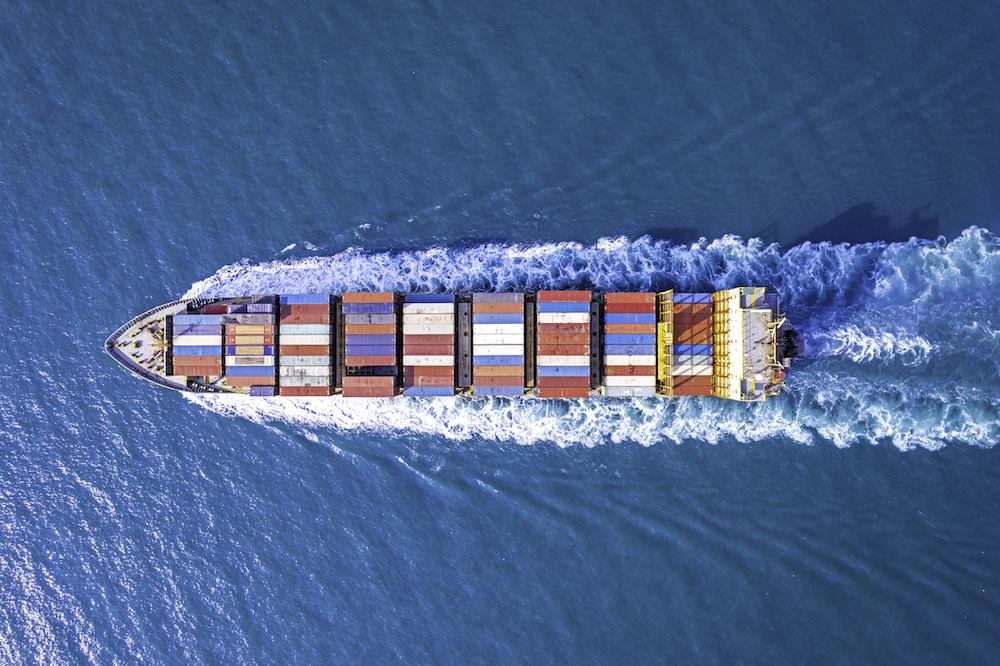“Appalling and unhinged” was Joe Biden’s (or at least the White House’s) verdict on Donald Trump’s Saturday remarks that he might actually encourage Vladimir Putin to invade NATO member states who fail to meet the organization’s requirement that they spend at least 2 percent of GDP on defense.
It is hard to disagree with that verdict, but then someone has to shock NATO’s laggards into keeping their side of the bargain. Trump has tried this tactic before, at the 2018 NATO summit in Brussels, when he described Germany as a “captive of Russia” owing to its decision to spend billions on the Nord Stream 2 gas pipeline to import Russian gas, while spending only 1.23 percent of GDP on defense.
Not only was Trump proved right about the pipeline and Germany’s reliance on Russian gas — but his shock tactic of suggesting that the US might lose patience with defending Europe did have some effect. At the time of the 2018 summit only four countries were meeting the two percent target: the US, on 3.31 percent, Greece (2.38 percent), the UK (2.06 percent) and Estonia (2.01 per cent). Five countries were spending less than 1 percent, including the summit hosts Belgium, who were managing only 0.88 percent. Most member states had failed to take any notice of Barack Obama’s polite requests to take their defense more seriously. Since 2018, however, a further six countries have hit the 2 percent target.
Trump, as most people will have worked out by now, doesn’t really mean much of what he says. A lot of it is just bombast. He knows how to handle dictators because he shares many of their personality traits himself. He alone realized, for example, that Kim Jong-un needed to be flattered as well as threatened. He took the trouble to meet the North Korean leader, after which we heard a lot less about test missiles being launched by the hermit republic.
The trouble with Trump’s remarks about Putin, however, are that they do not amount to an idle threat; rather they are an invitation to a villain who doesn’t need much in the way of encouragement. That is an argument for saying that Trump really has overstepped the mark this time and put Europe in peril. But if his remarks do as intended and quickly jolt recalcitrant NATO members into action to beef up their defenses then hopefully the end result might be to make Putin less inclined to strike. Not for the first time, Trump’s sheer unpredictability may prove to have its uses.
This article was originally published on The Spectator’s UK website.


























Leave a Reply